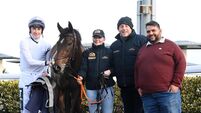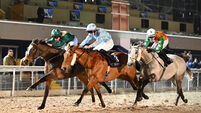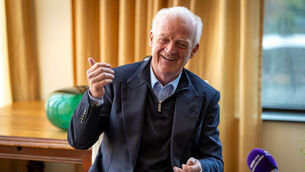Show jumping awaits competition body ruling

It ordered a month-long suspension of a memorandum of understanding between the two parties.
Among other things, the agreement allowed for a reduction in the number of invitations that had to be issued to riders in GCT/GCL-organised events based on their world rankings. The standard percentage of such invitations is 60%, but the GCT/GCL events were allowed a much smaller number, effectively not much more than half that figure. This enabled the GCT/GCL to profit from a greater number of paid-for entries.












